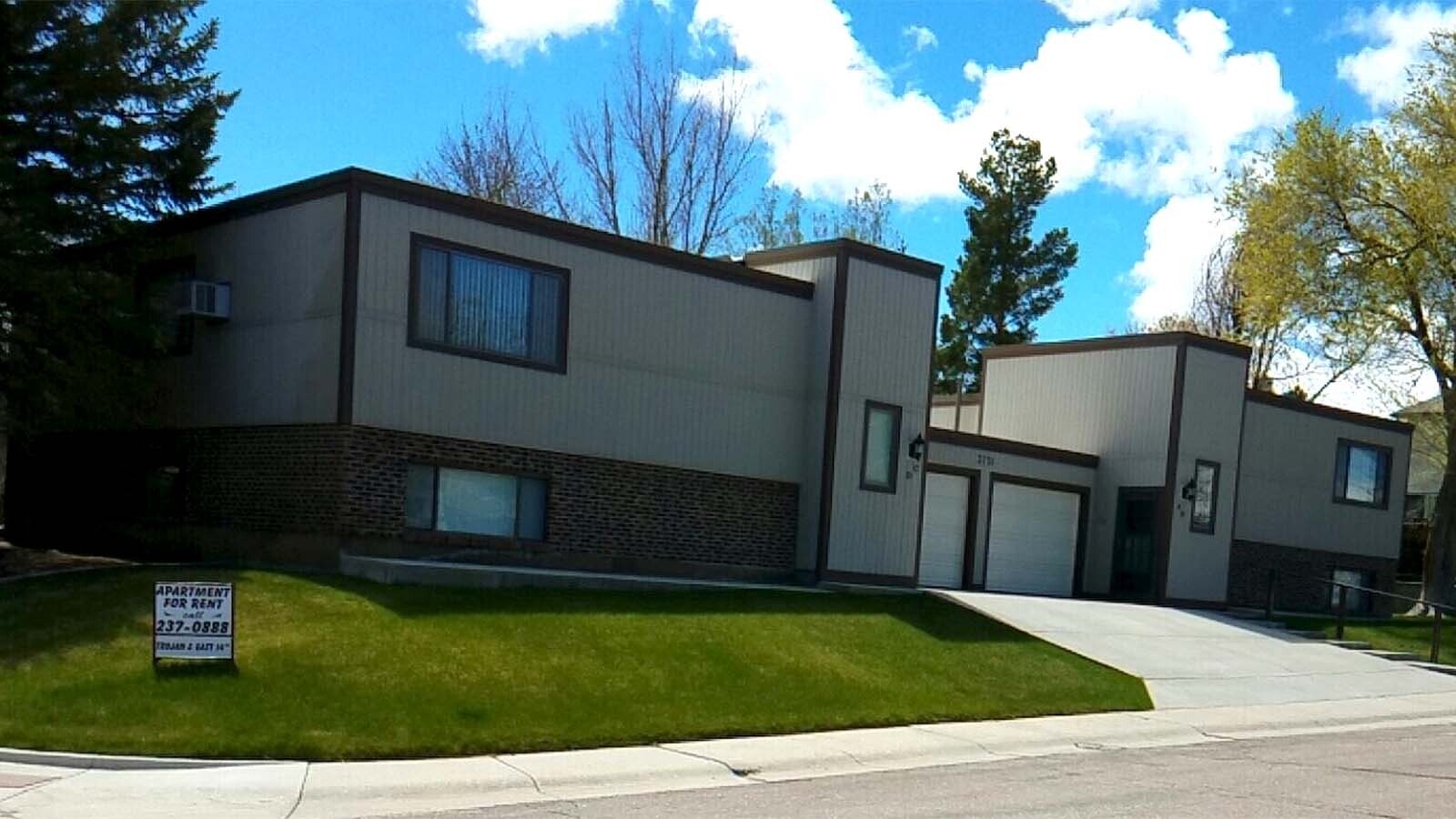CASPER — A proposed change to a city ordinance would make landlords responsible for water and sewer utility bills if tenants don’t pay them before moving out.
A first reading of the ordinance this week at the first City Council meeting of the year sparked a lot of discussion, but City Manager Carter Napier said that the bottom line is the city has to eat about $700,000 to $800,000 in unpaid utility bills every year.
Under the proposed change, “landlords will be responsible for delinquent accounts if the city is unable to collect from the tenant. All prior charges related to a service address must be paid in full prior to new services being established.”
Accounts Receivable Supervisor Brandy Coyle told the council Tuesday that the city turns unpaid bills over to a collection agency. The agency tries to collect payment over a five-year period. If bills remain uncollected during that time, it becomes necessary for the city to write off the expense.
About Those Write-Offs
In fiscal year 2022, the city was forced to write off $184,553 in unpaid bills, which represented about two years of write-offs. In fiscal year 2023, unpaid utility bills totaled $784,478 of which 52% was from tenants and $378,459 from property owners. That same fiscal year, the city wrote off $78,442. Of that amount, $52,246 was owed by tenants.
The city also turned 2,877 accounts over to the Collections Center of Wyoming at the end of the fiscal year to try and collect $681,888 over the next five years. The city pays 24% commission to the agency for anything it can get.
Vice Mayor Lisa Engebretsen, who is a real estate broker and property manager, said she has asked a lot of questions about the proposed ordinance.
“A lot of cities, unfortunately, are going this direction,” she said. “I am not going to say that I am not concerned in how we are going to navigate this with the tenants. It’s going to require property managers to have a lot more skin in the game and do a lot more inspections with tenants and things like that.”
Engebretsen said the ordinance change would require landlords to know if tenants are not paying their bills to avoid getting stuck with the bill. Landlords would be notified of unpaid bills, but a deposit on utility services required under the ordinance will not be the entire solution, she said.
“Supposedly, they’ve got that deposit, but if they are good-paying tenants after a year they get that deposit back, so it’s a whole new landscape that we are going to be navigating,” Engebretsen said.
Uncollected Bills Push Up Rates
Napier said under the current policy, uncollected bills such as those in fiscal year 2023 will need to be reflected eventually in rate increases.
“Those kinds of numbers are what council has seen in the past in terms of writing off bad debt, and when that happens that bad debt is basically absorbed into the rates,” he said. “This isn’t an issue in terms of the city having an easier job, but it is an issue to the ratepayers not having to absorb those kinds of dollars year in and year out.”
Under the proposed policy language, landlords would have a month to make good on an unpaid bill.
“If the tenant is delinquent and refuses to pay for services used at the property, the property owner is responsible for payment to the city for services provided at the owner’s property,” the proposed ordinance states. “The property owner shall pay the city all delinquent amounts owed within 30 days of written demand by the city manager or city finance director.
“If the owners refused to pay the bill for service(s), the city may disconnect services to the property. The owner is also responsible for paying the city all fees, expenses and commission charged by a collection agency.”
Councilman Ray Pacheco said he understands that for many city residents, high rents and inflation are making it more difficult to pay bills on time. But he said the council also is required use good stewardship of taxpayer money.
“I think it’s good policy for the city to be doing this,” he said. “It makes sense through this ordinance to go to the landowners and the landlords. There has to be some mechanism to recoup so the government doesn’t shoulder that.”
Second, Third Reading Dates
The ordinance will not become law until it passes a third reading by the council. The second reading will be at the council’s meeting Jan. 16, and third and final reading is scheduled for Feb. 6.
Councilman Kyle Gamroth said he hopes landlords and property managers weigh in on the issue.
“I would really like more feedback on this as it pertains to property owners and landlords,” he said.
Cheyenne Board of Public Utilities spokesperson Erin Lamb said water and sewer accounts there are set up under a property owner’s name.
“It is the property owners’ responsibility to maintain the water and sewer bill,” she said. “When you rent a house or apartment, your water and sewer is included in your rent payment. It is the property owner that sets up that account.”
In Cheyenne, a property owner can request the occupant or tenant be billed for those utilities.
“But if such charges are not paid when due by the occupant or tenant, the owner or owners are responsible for such charges, and they shall be assessed to the property served,” Cheyenne’s ordinance states.
Dale Killingbeck can be reached at dale@cowboystatedaily.com.





